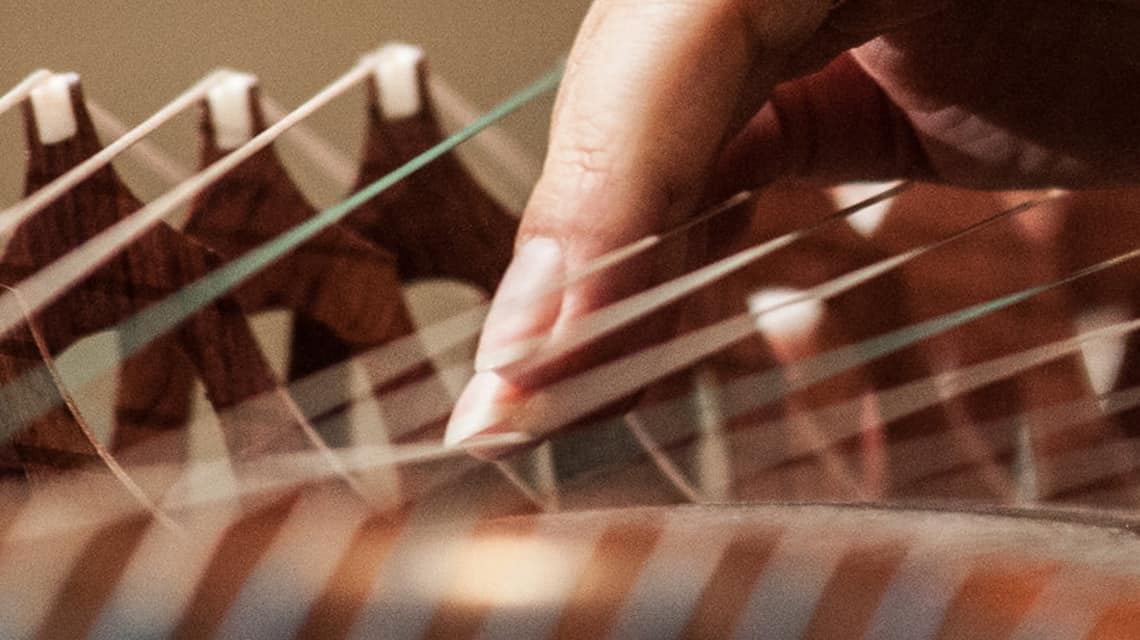Japanese Scales in Music Theory
Read our guide on Japanese scales in music theory that go beyond minor and major scales common in western music. Add these to your next warm-up!

When you think of “scales” in music theory, you probably think of major scales, minor scales, and perhaps a mode or two. But music reaches far beyond the common western scales, and in this article, we’re going to take a moment to explore some of the fascinating scales found in Japanese music!
Hirajōshi Scale
The Hirajōshi scale was originally adapted from shamisen music for the tuning of the koto. Today it remains as one of the most regularly used Japanese scales. Like most scales in Japanese music and all we will cover in this article, the Hirajōshi scale is a pentatonic scale consisting of five notes. Today it is widely used by jazz and rock guitarists looking for exciting musical opportunities. Though this scale has several different modes and patterns, the most common way you will see it as follows:

The Hirajōshi Scale Formula: 1, 2, b3, 5, b6
For an in-depth guitar lesson on the Hirajōshi scale, check out this awesome video from Guitar World here.
In Scale
The In scale is often referred to as the “Sakura pentatonic scale” due to its use in the well-known folk song “Sakura, Sakura.” This scale, like the Hirajōshi scale, is regularly found in Japanese music.

The In Scale Formula: 1, b2, 4, 5, b6
Insen Scale
The Insen scale is very similar to the In scale, but instead of a flatted sixth, it uses a flatted seventh. Like the Hirajōshi scale, it is a tuning scale that was originally used for the koto.

The Insen Scale Formula: 1, b2, 4, 5, b7
Iwato Scale
The Iwato scale is similar to the mode, the mode built on the seventh scale degree of the western major scale. It is only different in that it has no 3rd or 6th notes, making it pentatonic.

The Iwato Scale Formula: 1, b2, 4, b5, b7
Yo Scale
The Yo scale is a scale used specifically in traditional Japanese folk songs and early music. It is often described as a “bright” sounding scale because it does not contain any minor notes.

The Yo Scale Formula: 1, 2, 4, 5, 6
Now that you’ve learned a couple of Japanese scales, try adding them into your next warm-up! And for more music theory knowledge, check out more articles here.

